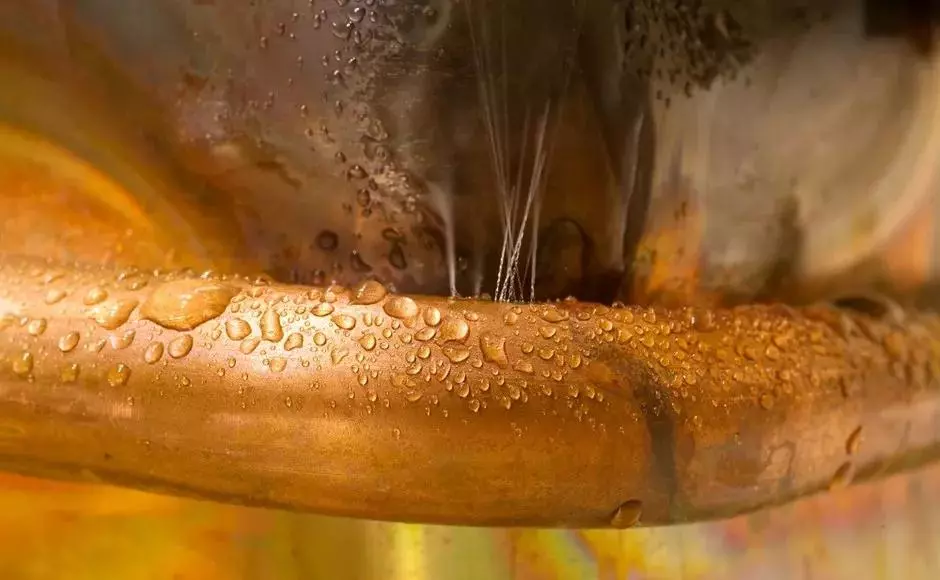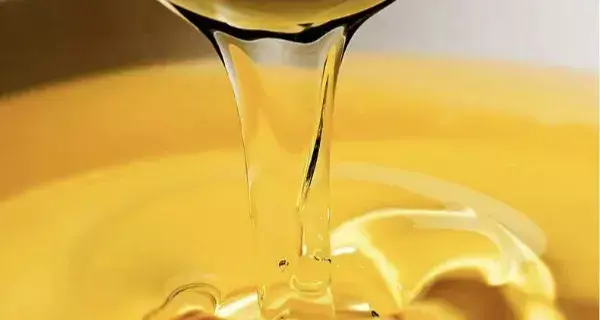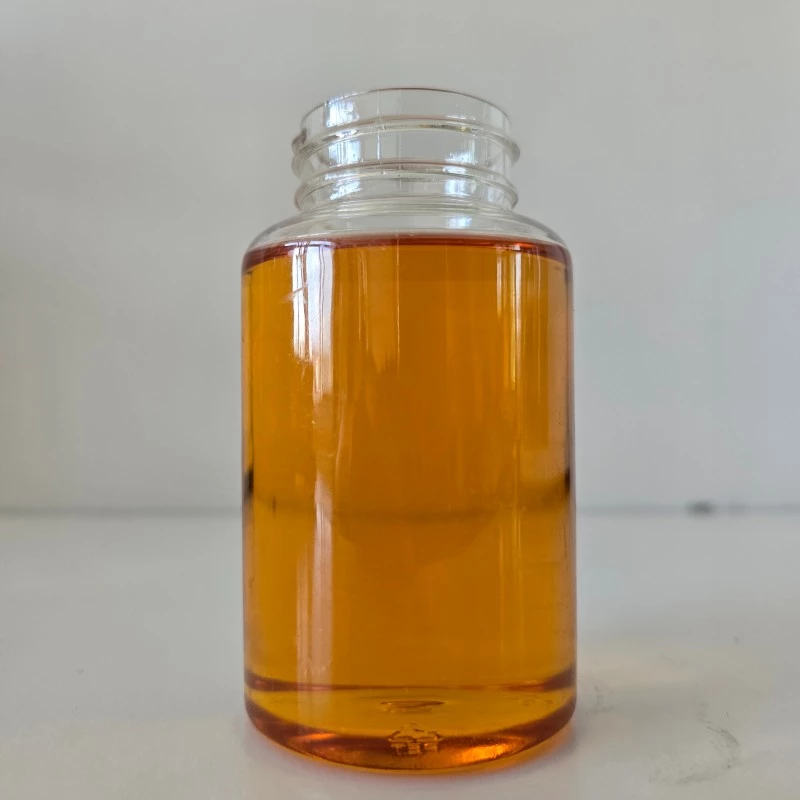What is a Metal Deactivators?
Time:
2025-09-11
What is a Metal Deactivators?
Metal deactivators, also called metal passivators, are oil-soluble additives that keep copper and copper alloys from corroding.
Introduction
Lubricant additives are key to lasting stability, good performance, and protection. Metal deactivators are one type of additive that plays a very vital role. While not as talked about as antioxidants or detergents, they're just as vital. Without them, lubricants and fuels could break down because of tiny amounts of metal. This piece goes over what metal deactivators are, how they do their job, their good points, and why they really matter in lubrication.

What Are Metal Deactivators?
Metal deactivators, also known as MDAs, metal passivators, or metal passivation additives, are chemicals mixed into lubricants, fuels, and oils to stop dissolved metal ions from causing harm. Tiny bits of metals like copper, iron, or brass can kickstart oxidation, which speeds up oil breakdown. This leads to sludge, varnish, and poor performance. Metal deactivators work by grabbing onto these metal ions and creating a shield that stops them from speeding up oxidation.
Why Are Metal Deactivators Needed in Lubricants?
During operation, small amounts of metals can get into lubricants through the wear of metal parts, contamination, or even from the lubricant storage. If metals are there, they can affect how stable the lubricant is. The consequences include:
- Accelerated oxidation, reducing lubricant life
- Formation of sludge and varnish
- Corrosion of sensitive parts such as bearings and valves
- Increased maintenance costs and downtime
By adding metal deactivators, lubricant formulators ensure that these negative effects are minimized, keeping oils clean and stable for longer periods.
How Do Metal Deactivators Work?
Metal deactivators keep lubricants stable by binding to metal ions, which stops the ions from causing oxidation. This binding process, called chelation or passivation, creates a stable compound, so the lubricant doesn't break down as fast.
The simplified mechanism can be described as follows:
- The lubricant contains trace amounts of reactive metal ions (e.g., copper, iron).
- These metals begin to catalyze oxidation reactions.
- When metal deactivators are present, they attach to the metal surface or ion.
- A thin protective layer is formed, neutralizing the metal’s catalytic activity.

Common Applications of Metal Deactivators
Metal deactivators are widely used in various sectors where lubricants and fuels are exposed to metallic surfaces:
| Application Area | Purpose of Metal Deactivators |
|---|---|
| Automotive Engine Oils | Protect engine bearings and fuel injectors from copper and iron-induced oxidation. |
| Industrial Lubricants | Improve long-term oil stability in compressors, turbines, and hydraulic systems. |
| Fuels (Gasoline & Diesel) | Prevent copper strip corrosion and gum formation in storage and pipelines. |
| Greases | Ensure metal protection in high-temperature applications where oxidation is accelerated. |
| Aviation Lubricants | Maintain fuel and oil integrity in sensitive aerospace systems. |

Examples of Metal Deactivating Compounds
While the exact formulation depends on the lubricant type, some commonly used chemical classes include:
- Benzotriazole derivatives – Often used to passivate copper and brass surfaces.
- Thiadiazole derivatives – No ash content. Suitable for use in combination with various additives.
- Salicylideneimines – Known for strong chelating properties.
- Amine-based compounds – Provide additional antioxidative benefits.
FAQs
Q1: Are metal deactivators the same as antioxidants?
No, they serve different purposes. Antioxidants stop oxidation reactions, while metal deactivators prevent metals from catalyzing those reactions.
Q2: Can metal deactivators protect all types of metals?
They are most effective with reactive metals like copper and iron. Their performance with other metals depends on the additive chemistry.
Q3: Do all lubricants require metal deactivators?
Not always. The need depends on the application, type of metals in contact, and performance requirements.
Q4: Are metal deactivators used in fuels as well?
Yes. They are important in gasoline and diesel to prevent copper strip corrosion and fuel degradation.
Q5: Do metal deactivators affect lubricant viscosity?
No, they do not directly affect viscosity. Their main role is to enhance stability and corrosion protection.
Previous page
Next page
Previous page
Next page
PRODUCTS CENTER
MORE BLOG
2025-09-11
2025-09-08
2025-09-03
2025-09-01
CheMost
CheMost Additives CO.,LTD
ADDRESS: CheMost Additives CO.,LTD, Jinzhou city, Liaoning provice, China
To learn more about CheMost, please click the button to contact us anytime.
Get product catalogCopyright© 2025 CheMost Additives CO.,LTD
Website:300.cn jinzhou.300.cn | SEO | Privacy Policy






